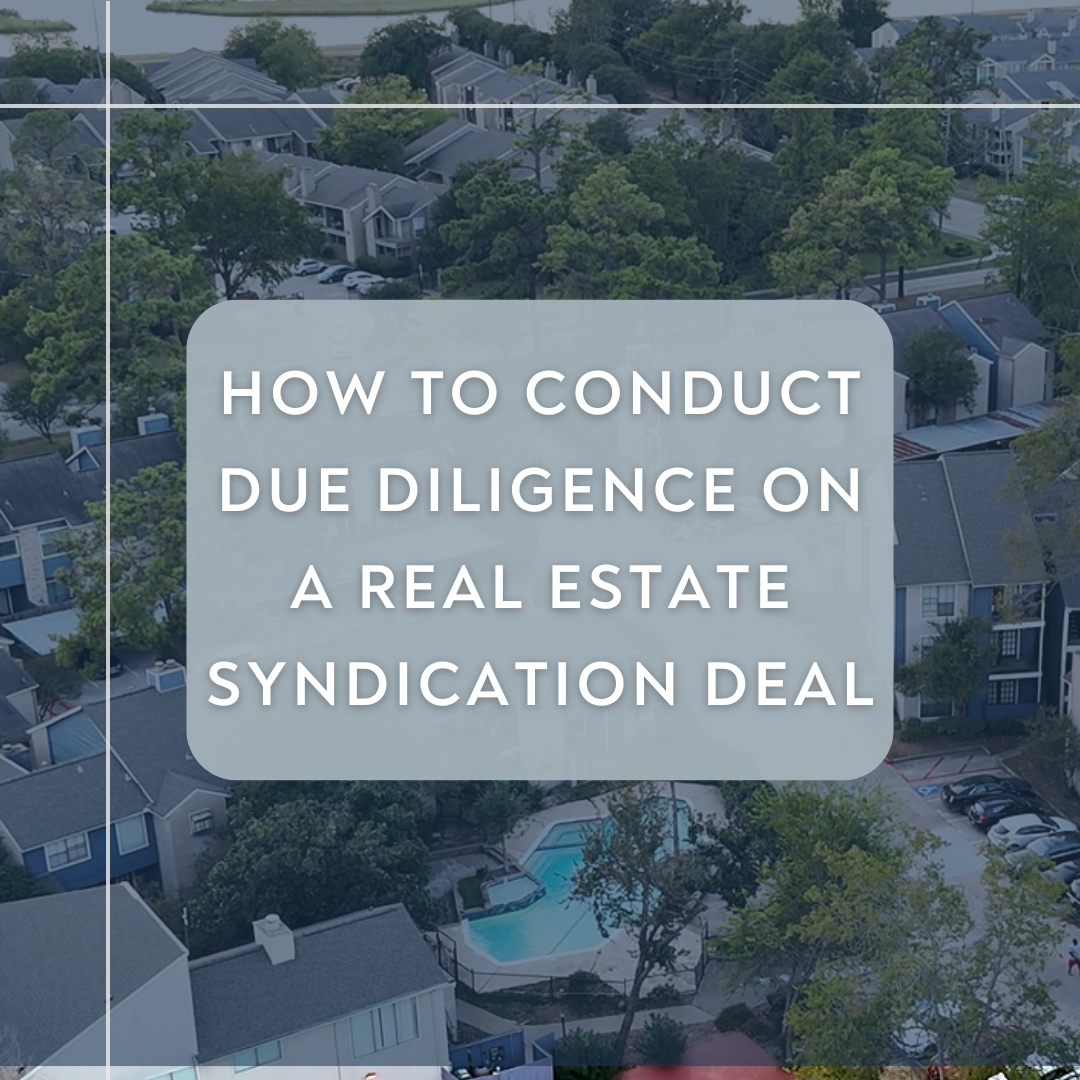
How Value-Add Syndications Drive Real Estate Returns
Value-add real estate syndications offer high-net-worth investors a strategic way to unlock upside potential and maximize returns. These investments focus on acquiring underperforming or underutilized properties, improving their performance through upgrades or repositioning, and realizing gains through enhanced cash flow and appreciation. In this blog, we’ll break down what value-add real estate means, the advantages it offers, and the key factors to consider before investing.
What is Value-Add Real Estate?
Value-add properties are those with unrealized potential—assets that may be physically outdated, operationally inefficient, or under-marketed. Through renovations, operational improvements, or strategic repositioning, syndicators can enhance the property’s income and overall value. Investors contribute capital to a syndication that acquires these properties, with the shared goal of increasing rental income and property appreciation over time.
Why Invest in Value-Add Syndications?
1. Upside Potential
Value-add investments offer strong appreciation potential. Strategic renovations or operational improvements—such as updated units, enhanced amenities, or better property management—can lead to higher rents, improved tenant quality, and increased asset value. As the property appreciates, so does the investor’s equity position.
2. Enhanced Cash Flow
As improvements are completed and occupancy increases, rental income typically rises. Syndicators often implement cost-efficiency strategies and raise rents to market levels, resulting in stronger cash flow and larger distributions to investors over the life of the investment.
3. Portfolio Diversification
Including value-add syndications in a portfolio provides exposure to different asset types (e.g., multifamily, office, retail) and geographic locations. This diversification can help mitigate risk while offering the potential for attractive, risk-adjusted returns.
4. Professional Management
Most value-add syndications are managed by experienced sponsors with expertise in identifying undervalued properties and executing improvement plans. These professionals handle the entire process—from acquisition and renovation to leasing and eventual sale—allowing investors to benefit from their knowledge without active involvement.
Key Considerations for Value-Add Investors
1. Syndicator Experience
Choose syndicators with a strong track record in value-add strategies. Review their past projects, transparency, communication style, and overall ability to execute on business plans.
2. Market Fundamentals
Study the local market’s economic indicators, such as population growth, job creation, and housing demand. A thriving market supports rent growth and property appreciation—both critical to the success of a value-add strategy.
3. Property Due Diligence
Examine the property’s physical condition, tenant mix, and current financial performance. Make sure the proposed value-add plan is realistic and supported by data. Work with professionals such as inspectors, appraisers, and legal counsel to evaluate risk and validate projections.
4. Deal Structure
Understand how the deal is structured, including the investment timeline, preferred returns, equity splits, and exit strategy. Make sure the syndicator’s incentives align with yours and that risk and reward are distributed fairly.
5. Risk Management
Value-add projects inherently involve risk—from renovation delays and budget overruns to unexpected market shifts. Review the sponsor’s contingency plans and experience in handling similar challenges.
Final Thoughts
Value-add real estate syndications are a compelling option for real estate investors seeking to enhance returns and build long-term wealth. These deals combine the power of physical and operational improvement with the strength of real estate fundamentals, offering a unique blend of appreciation potential and cash flow.
By partnering with the right syndicator, conducting thorough due diligence, and aligning your strategy with your risk tolerance, you can take advantage of the value-add opportunities that exist across various markets. With the right approach, value-add syndications can serve as a key driver in your real estate portfolio.
DISCLAIMER: This article is for informational and educational purposes only and does not constitute legal, tax, or accounting advice. You should consult your own professional advisors before making any investment decisions.
- All Posts
- blog






